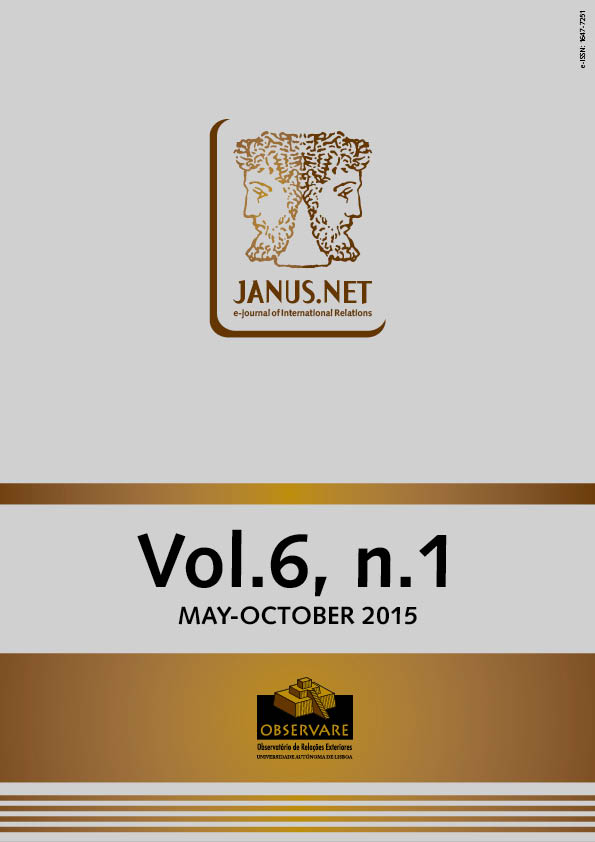There is dialectic between public opinion and the enforcement of justice by the competent authorities. History contains numerous examples where international opinion movements demonstrate against judicial decisions, since, either by act or by omission, established jurisdictions sometimes pronounce questionable verdicts or leave unpunished crimes that were committed. These demonstrations take a variety of forms, ranging from the international commission of inquiry to the truth and reconciliation commissions. Among such exercises of citizenship from civil society, the so-called “opinion tribunals” stand out, whose first major initiative was due to Lord Bertrand Russell in the 1960s. Following this tradition, the Permanent Peoples’ Tribunal has been very active between 1979 and 2014, organizing deliberative assemblies and pronouncing decisions in a “quasi-judicial” framework. Its critics point a finger at the resemblance of justice used for ideological purposes, but the legitimacy of these initiatives, backed by current international law, is defendable for their capacity to shake consciences and for being a legal innovation at the service of the right of peoples.
OPINION TRIBUNALS AND THE PERMANENT PEOPLE’S TRIBUNAL
Director/Professor, Department of International Relations, Autonomous University of Lisbon (UAL) Portugal. Director, Observatory of Foreign Relations (OBSERVARE). Coordinator, Master in Peace and War studies, Scientific Council member, UAL. Professor, Institute of Higher Military Studies, and lecturer, National Defense Institute. Vice-Rector, UAL (1992-2009) and Coordinator, Socrates Institute for Continued Training Integrated researcher, "Cities and Regions: paradiplomacy in Portugal".
Resumo
Palavras-chave
Como citar este artigo
Moita, Luís (2015). “Opinion Tribunals and the Permanent People’s Tribunal”. JANUS.NET ejournal of International Relations, Vol. 6, N.º 1, May-October 2015. Consulted [online] on date of last visit, https://repositorio.ual.pt/handle/11144/1759
Article received on 15 February, 2015 and accepted for publication on 15 April, 2015















